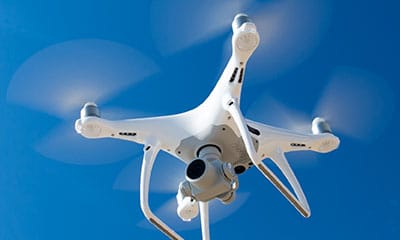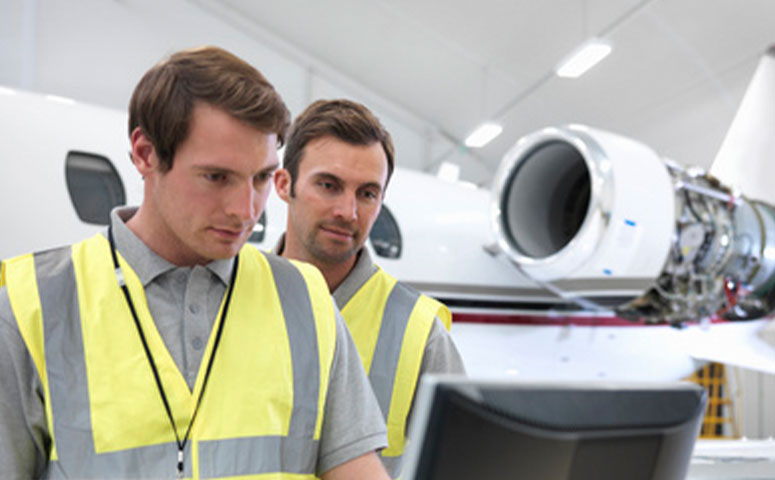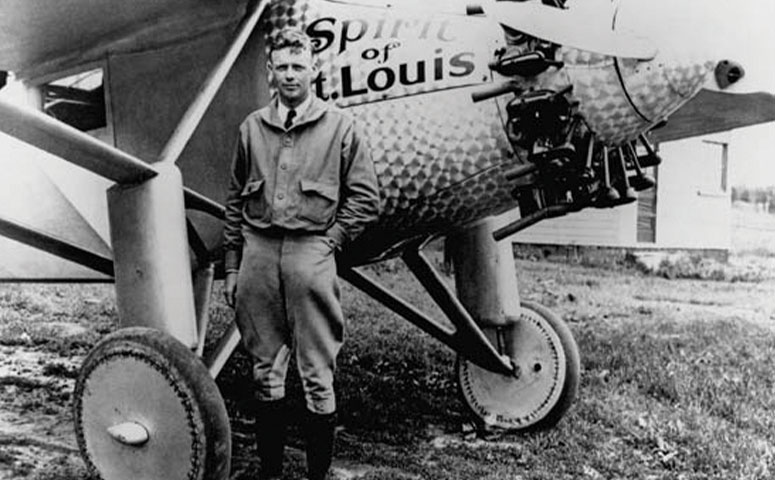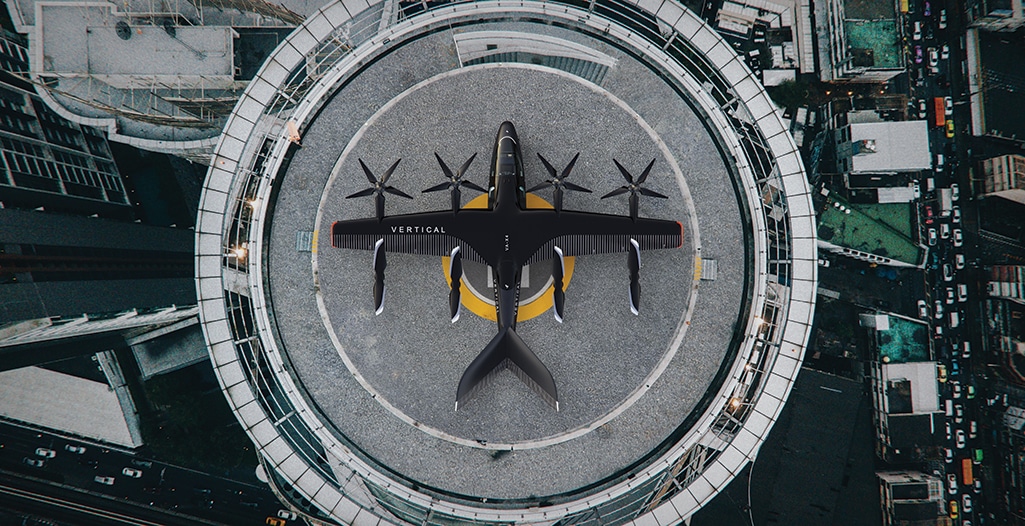Pilot Mental Health: Mental and Behavioral Health Is a Very Special Challenge for Aviation
Piloting, by its very nature, is stressful. We rocket into the air in high-performance vehicles made of lightweight material, flying at hundreds of miles per hour at altitudes where our time of useful consciousness is measured in seconds if we spring a leak.
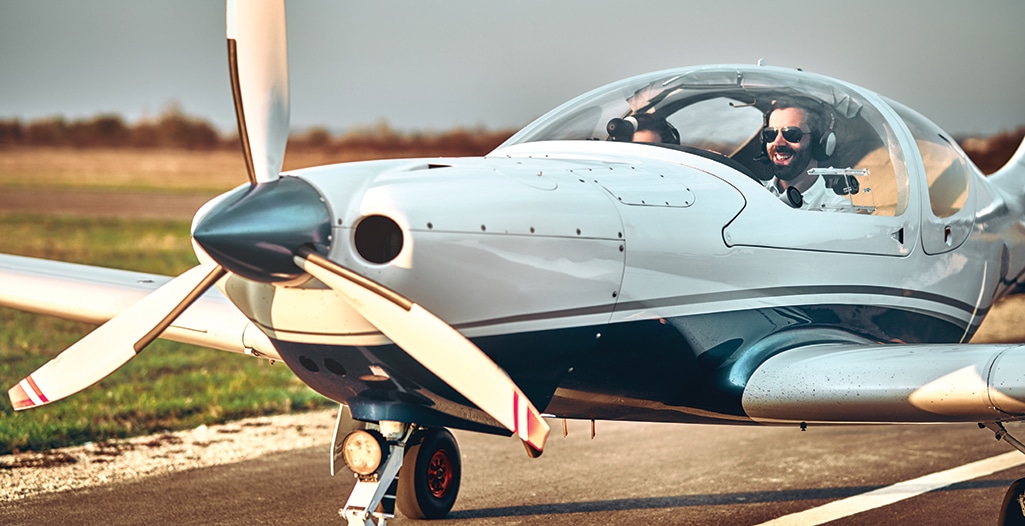
We sit on tanks full of highly flammable fluid, navigating around thunderstorms whose lightning temperature exceeds the surface of the sun and bring aircraft, passengers and cargo into highly congested traffic areas to land at high speeds on tiny ribbons of concrete. There is a lot of energy in the systems we operate.
So, yeah, it can be a bit stressful, even before we add scheduling pressures, time away from family and constant changes due to weather and customer demands. Almost every “most stressful jobs” list has “commercial pilot” listed in the top 10.
And that was all before the world went topsy-turvy a couple of years ago. To understand the implications of all this on pilots, as well as the thousands of ground personnel who support them, let’s step back and look at the changing nature of work itself over the past few years.
The Changing Nature of Work
From a personal, organizational and societal perspective, the concept of work is changing. Aside from the typical drivers of technology and generational differences we have seen change the aviation workplace throughout history, something different is going on. We seem to be engaged in meaningful discussions about the very philosophy of what work is and what it means. Like all philosophical discussions, people are taking sides. Before diving into the debate itself, let’s briefly consider the traditional drivers and what they mean.
From a historical perspective, technology has changed the nature of work in ways we have never seen before, and perhaps not as we thought—or hoped—it would. From the earliest days of personal computers and the internet, we were told how liberating it would be to work anytime from anywhere. What we found was this would eventually come to mean working all the time from everywhere. No longer would the 5 o’clock whistle indicate quitting time, a concept that has lost all meaning.
Our work now stalks us everywhere we go. Early on, hard-driving Type A folks reset the expectations for the rest of us, and our organizational leaders saw the advantages and did nothing to adjust. We all became invisibly tethered to our jobs 24/7/365. Many resented this, but few resisted. It became the new norm. Pilots on duty are protected with FAA and organizational crew rest and duty time limits. Still, many wear several “additional duty” hats where the “all the time, everywhere” nature of 21st-century work takes its toll.
Generationally, we moved from a workforce of digital immigrants to digital natives almost overnight. Recent data shows nearly 60% of the workforce is now millennials and generation Z, both of whom grew up with cell phones in their hands, computers in their classrooms, and likely, in their bedrooms, too. As work became more and more reliant on tech-savvy employees, this seemed like it would be a good thing for everyone. But something else happened that changed it all.
A new industry emerged that would have a greater impact on the mental health of employees than anything previously known. From the start, social media was designed around a business model that relied on user engagement. The longer they kept us engaged, the more data they collected on our personal interests. The more they fed our interests, the longer they kept us engaged, resulting in an ever-deepening progressive spiral, creating digital dependents out of us all. Good for them, very bad for the rest of us. We thought we were getting a free service, but instead, we became the product.
Engagement is a zero-sum game. As we became more engaged with the relentless push of addictive content, we became less engaged with work (and other aspects of our lives as well). With this loss of professional engagement came a loss of the meaning and value we used to feel by contributing to the collective efforts with our work colleagues. Multiple studies have found excessive social media screen time effects include depression, anxiety, insomnia, negative self-perception, brain fog, obesity, unhealthy diet and decreased physical and cognitive abilities. The aviation workforce is not immune to these impacts.
And then came COVID to make matters worse. The long-term effects of the COVID lockdowns will be studied and debated for decades, but one thing is obvious. Except for those who kept us all from starving, we all went home to work without the necessary structures, supervision or tools to keep us engaged in our professions. Into this void of meaning and process crept the inevitable malaise and deep questioning of what “work” really means.
Quiet quitting—the idea that we should only do what is absolutely necessary to earn a paycheck—is not new, but it is very real and growing. The problem in aviation is that we can never be sure what might become absolutely necessary on any given day in the air, at the dispatch desk or in the maintenance hangar. High-risk endeavors like aviation are no place for a quiet quitter.
“Mental Health Crisis” Doesn’t Begin To Describe What’s Happening Right Now
It seems every week we read a new statistic on record-setting suicide rates, violent crime, drug use, domestic violence, depression, anxiety and alcoholism. Two years of stay-at-home schooling added tremendous pressure not only for kids but also for parents.
Here’s the weird part. Despite all this, on average, around the globe, people are healthier, wealthier, more literate, live longer lives and are safer than at any point in human history. At the same time, we are also more pessimistic, stressed out and anxious than ever. So, where do we go from here?
Taking Back Control
It seems that a behavioral and mental health program1 that is holistic in nature and simple to apply is essential. It must revolve around taking personal control and building our cognitive, behavioral, emotional and spiritual strength, and perhaps most importantly, creating a personal life mission statement to anchor the entire effort. Here are a few things I believe we might all do well to try.
1. Boycott the “attention economy.”
Unplug from the polarizing distractors on the internet. Initially, this will cause a bit of anxiety, but like all addictions, once it is broken and we take back control of our time, we will see a powerful increase in our focus and engagement with things that really matter.
2. Remember why we got into aviation in the first place.
Whether it was our childhood dream to fly or simply become a part of a dynamic group of high achievers, recalling all of the hurdles we had to clear to become a part of this wonderful industry brings us closer to our original purpose and joy.
3. Find someone or something to make better.
The door to high performance and happiness opens outward. When we are giving, it’s harder to be anxious about whatever we aren’t getting out of life. Don’t fall into the trap of becoming an online troll who thinks they are supporting a cause (see #1 above) but instead find something real—and ideally local—where you can make a difference.
We live in interesting times. But staying safe and effective and getting all of the enjoyment we deserve for making the grade in this industry are really just hurdles along the way.
Author: Tony Kern, Ed.D, Chief Executive Officer, Convergent Performance
References
1 For more information on Dr. Kern’s Armored Knight Psychological Strength Building program, contact
him directly at tony@convergentperformance.com
